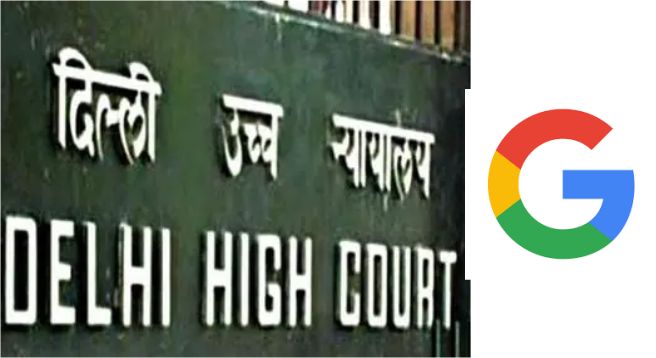The US-based Google LLC has contended that India’s new rules for digital media are not applicable to its search engine, and urged the Delhi High Court on Wednesday to set aside its single-judge order, which applied them on the company while dealing with an issue related to removal of offending content from the Internet.
The single judge’s decision had come while dealing with a matter in which a woman’s photographs were uploaded on a pornographic website by some miscreants and despite court orders the content could not be removed in entirety from the World Wide Web and “errant parties merrily continued” to re-post and redirect it to other sites.
A bench of Chief Justice D N Patel and Justice Jyoti Singh issued notice to India’s federal government, the Delhi Government, Internet Service Providers Association of India (ISPAI), Facebook, the pornographic site and the woman, on whose plea the single judge’s ruling had come, and sought their responses to Google’s plea by July 25, 2021, PTI reported from New Delhi.
The court said it was not going to issue any interim order at this stage after Google told the bench that it was an intermediary, but not a social media intermediary, and sought protection against any coercive action for non-compliance of the template or guidelines laid down by the single judge.
The global technology giant had also sought removal of the observation by the single judge that it was a social media intermediary.
Google contended that the single judge, in his April 20 judgement, “mischaracterised” its search engine as a ‘social media intermediary’ or ‘significant social media intermediary’ as provided under the new rules.
“The single judge has misinterpreted and misapplied the New Rules 2021 to the appellant’s search engine. Additionally, the single judge has conflated various sections of the IT Act and separate rules prescribed thereunder, and has passed template orders combining all such offences and provisions, which is bad in law,” Google has said in its appeal against the April 20 judgement.
According to the template framed by the single judge, when such matters related to offending content come before a court and it is satisfied that an immediate relief was required at the interim stage, it may issue a direction to the website (where the objectionable material is hosted) to remove the content within 24 hours of receiving the judicial order.
“A direction should also be issued to the website or online platform on which the offending content is hosted to preserve all information and associated records relating to the offending content, so that evidence in relation to the offending content is not vitiated, at least for a period of 180 days or such longer period as the court may direct, for use in investigation,” the court had said.
It had also said a direction should be issued to the search engine(s) to disable access to the offending content by ‘de-indexing’ and ‘dereferencing’ it in their listed search results and the intermediary ought to comply with such a direction within 24 hours of receiving the same.
“The directions issued must also mandate the concerned intermediaries, whether websites/online platforms/search engine(s), to endeavour to employ pro-active monitoring by using automated tools, to identify and remove or disable access to any content which is exactly identical to the offending content that is subject matter of the court order,” the single judge bench had observed.
The single judge order had also said for a direction to remove or disable access to an offending content to be effective even within India, a search engine must block the search results throughout the world since no purpose would be served by issuing such an order if it has no realistic prospect of preventing irreparable harm to a litigant.
It further stated that if an intermediary fails to fulfill the conditions and obligations mandated upon it, it was liable to forfeit the exemption from liability available to it under the Information Technology (IT) Act.
 Network18 TV news biz revenue up 28% in Q4 FY24
Network18 TV news biz revenue up 28% in Q4 FY24 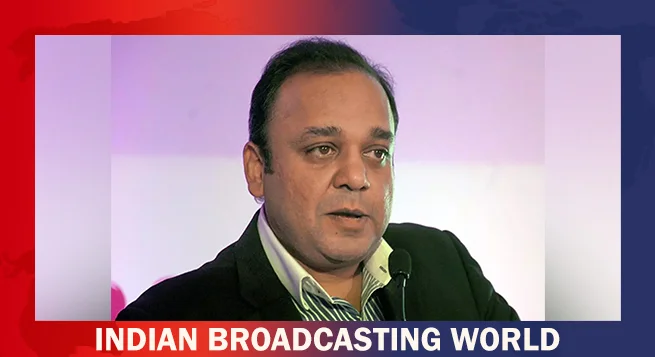 As Zee gets lean, Punit Goenka in charge of critical verticals
As Zee gets lean, Punit Goenka in charge of critical verticals  60 top ex-cricketers to star in new podcast series ‘180 not out’
60 top ex-cricketers to star in new podcast series ‘180 not out’ 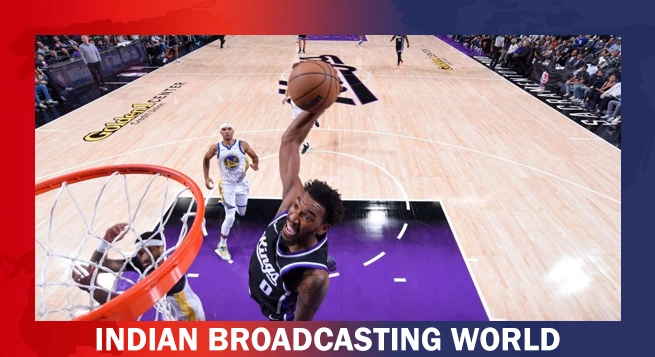 NBA TV rights talks with Disney, Warner expected to collapse: CNBC
NBA TV rights talks with Disney, Warner expected to collapse: CNBC 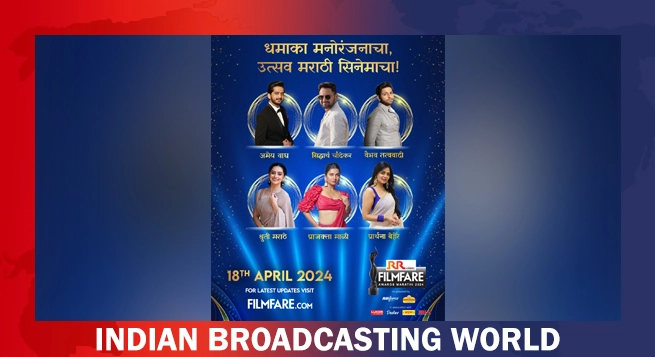 RR Kabel Filmfare Awards Marathi 2024 celebrates excellence in Marathi Cinema
RR Kabel Filmfare Awards Marathi 2024 celebrates excellence in Marathi Cinema  Netflix ends subscriber tally reporting
Netflix ends subscriber tally reporting  Goafest 2024, ABBY Awards shift venue to Mumbai
Goafest 2024, ABBY Awards shift venue to Mumbai 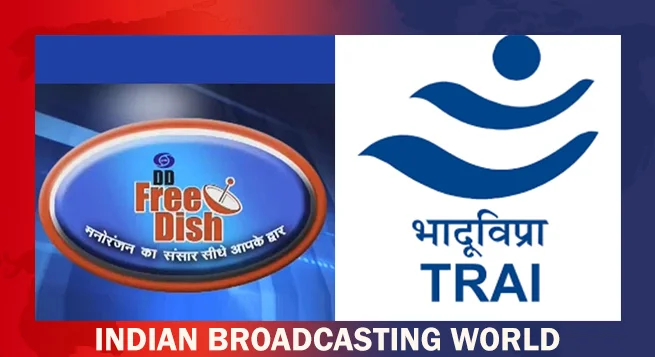 DD FreeDish, level playing field issues crop up during TRAI OHD
DD FreeDish, level playing field issues crop up during TRAI OHD 

